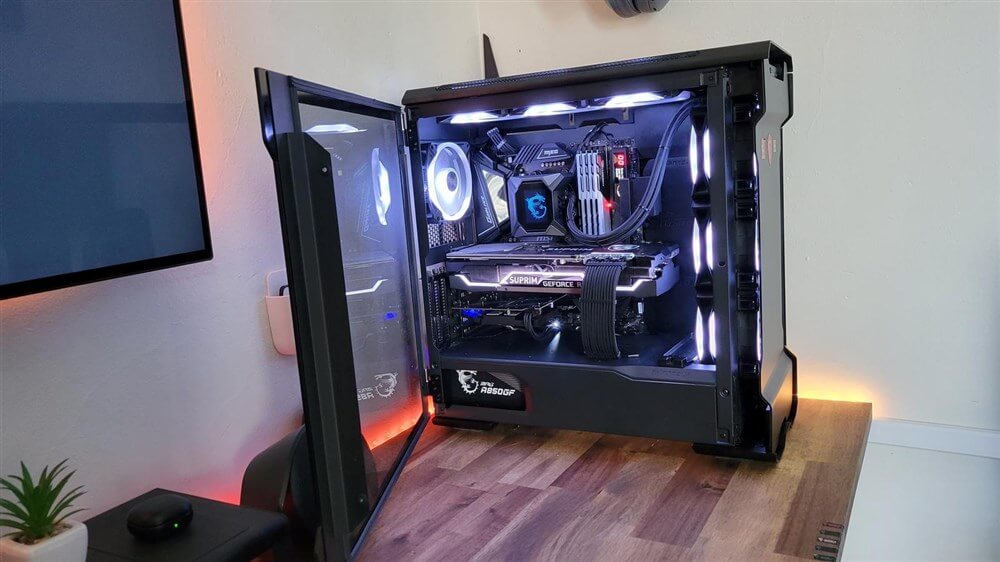In the world of PC building and gaming, the pursuit of the best performance and visual fidelity is a never-ending quest. Enthusiasts often seek to assemble the most powerful and capable systems, believing that "more is better." However, there comes a point when the pursuit of raw power can lead to overkill, which refers to the practice of investing in higher-end or more expensive hardware than necessary.
The PC market offers a range of components, from entry-level to high-end, catering to various user requirements. Overkill occurs when users opt for components that surpass their specific needs, resulting in wasted resources and money.
Factors Contributing to Overkill:
- 1.Gaming Needs
- 2.Workstation Tasks
- 3.Futureproofing
When is Overkill Justified?
While overkill is generally discouraged due to its associated drawbacks, there are situations where it might be justified:
- 1.Specialized Work: If you have specific needs that demand extraordinary computing power, such as running complex simulations or handling massive datasets, investing in high-end hardware can be justified to expedite your work.
- 2.Enthusiast Hobby: Some PC builders view assembling high-end, overkill systems as a hobby or a passion. If you derive enjoyment from pushing the boundaries of performance and have the financial means to do so, then overkill might be acceptable.
- 3.Competitive Gaming: Professional gamers and eSports enthusiasts often require top-tier hardware to maintain a competitive edge. In this case, the investment may be considered an essential part of their career.
While it can be exciting to have a high-powered system, remember that balance and practicality should guide your choices to avoid the downsides of overkill. Ultimately, the key is to strike a harmonious balance between your computing requirements and budget, ensuring that your PC serves effectively without unnecessary extravagance.

